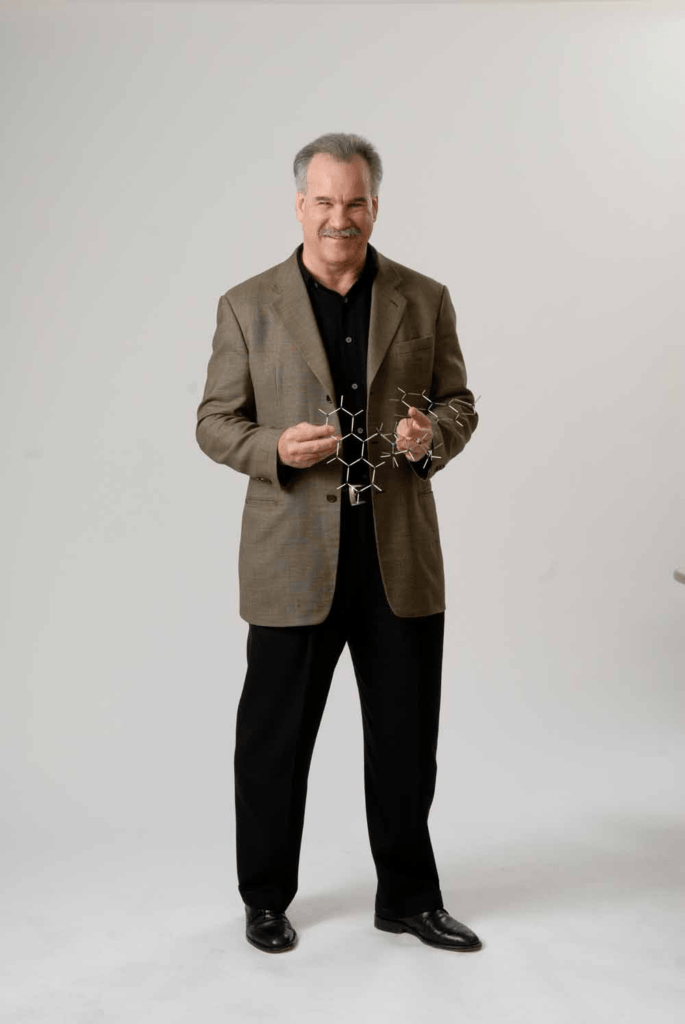Students often ask “What does it mean to earn a Ph. D. degree….how do you know when the work is finished?”. This is an excellent question and one which is open to many interpretations and answers. I have long felt that the primary functions of academic research are the creation of new science and training of new scientists in equal measure. As a neophyte assistant professor, I was single-mindedly focused on the former, but with the maturation of my first classes of graduate students I realized, quite unexpectedly, the importance and joys of the latter.
Today, in my first discussions with prospective graduate students, I explain my vision of the relationship between student (apprentice) and advisor (mentor). It is my belief that students learn best by example and guidance, and therefore, I strive for an intense and interactive relationship with my students. The process of evolving from a novice to an expert in scientific research entails many dimensions and I aspire to help my students navigate these components throughout their stay with me.
In my view, a functioning professional researcher (i.e. Ph. D.) is a self-sufficient scientist who is capable of identifying an interesting problem to study, can design a plan of investigation, has the technical expertise to execute many different kinds of experiments, can interpret their results, formulate reasonable hypotheses, and draw sensible conclusions about the success of the work. This individual is also capable of writing up and orally presenting the work they have completed. To develop these abilities, a student must first become technically proficient, must know the chemical literature in their own research area as well as those tangential to the project, must learn how to decide what the results mean and develop analytical skills to formulate working hypotheses from a large body of empirical data. In time, the student will also learn the distinction between truly innovative research and research that is incremental or derivative. Finally, the student should make an original contribution to science and be able to see opportunities for new studies in creative directions.
The training environment in my laboratories provides students opportunities for direct input and guidance from me in all aspects of the development toward a Ph. D. I have a structured program of interactions with students that ranges from casual conversations in the laboratory to weekly meetings of research progress within three main sub-groups, to monthly research meetings with each individual student. In addition, our weekly full group meetings provide the students an opportunity to present literature topics of interest (see Group Presentations), to do our monthly literature survey of over 30 chemical journals, and to have Total Synthesis competitions in a team environment. In addition, the full group meetings give me an opportunity to present problems of reaction mechanism, synthetic methods and target synthesis.
Students also receive extensive input from me on developing good writing and speaking skills. I edit all required research documents and give students the responsibility of providing the first drafts of manuscripts. Often, I will collaborate with students on writing reviews on the general areas of their research topics. I also work closely with all students in their departmental seminars, in-house presentations, and also talks given at meetings elsewhere.
An open and interactive student/advisor relationship is essential for the successful completion of a Ph. D. degree to be an enjoyable and productive experience.

